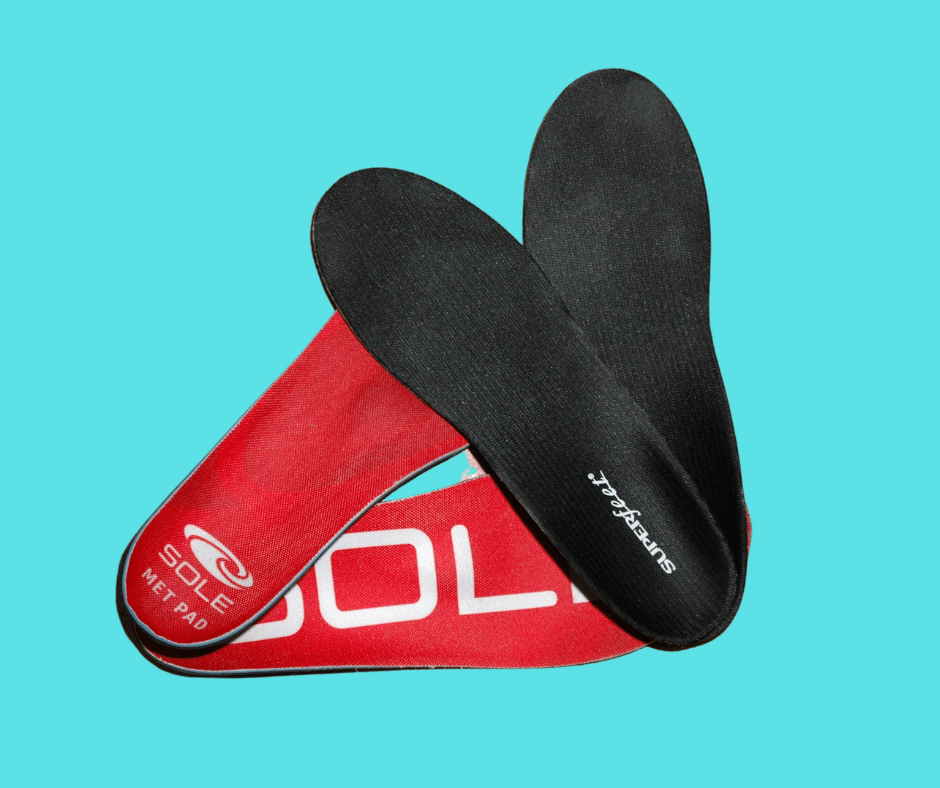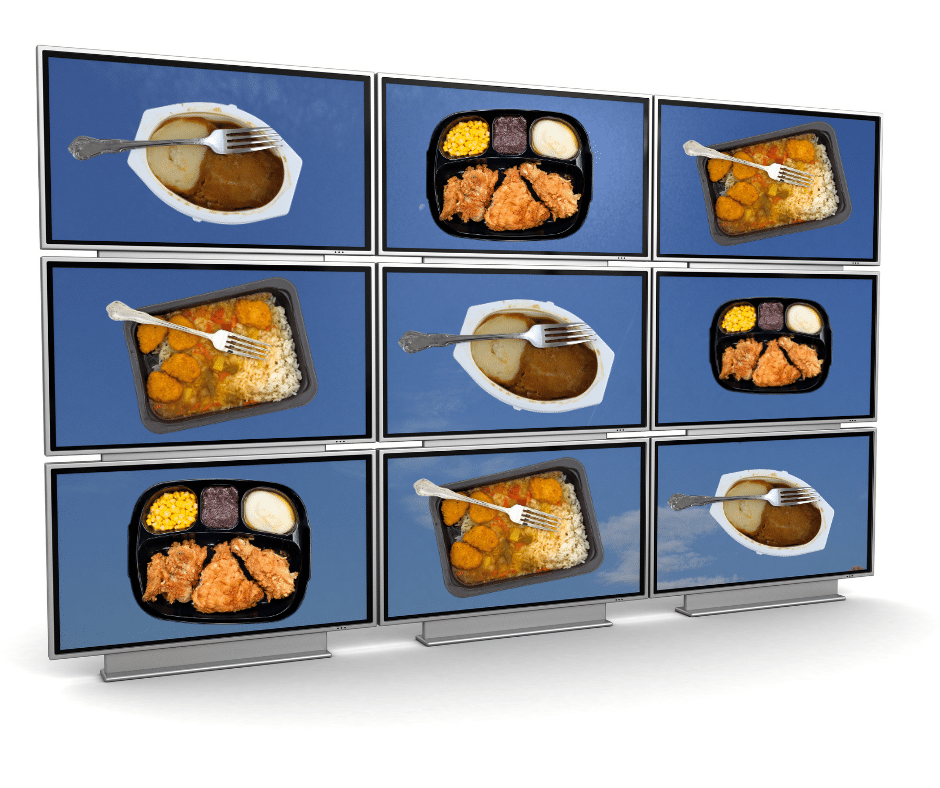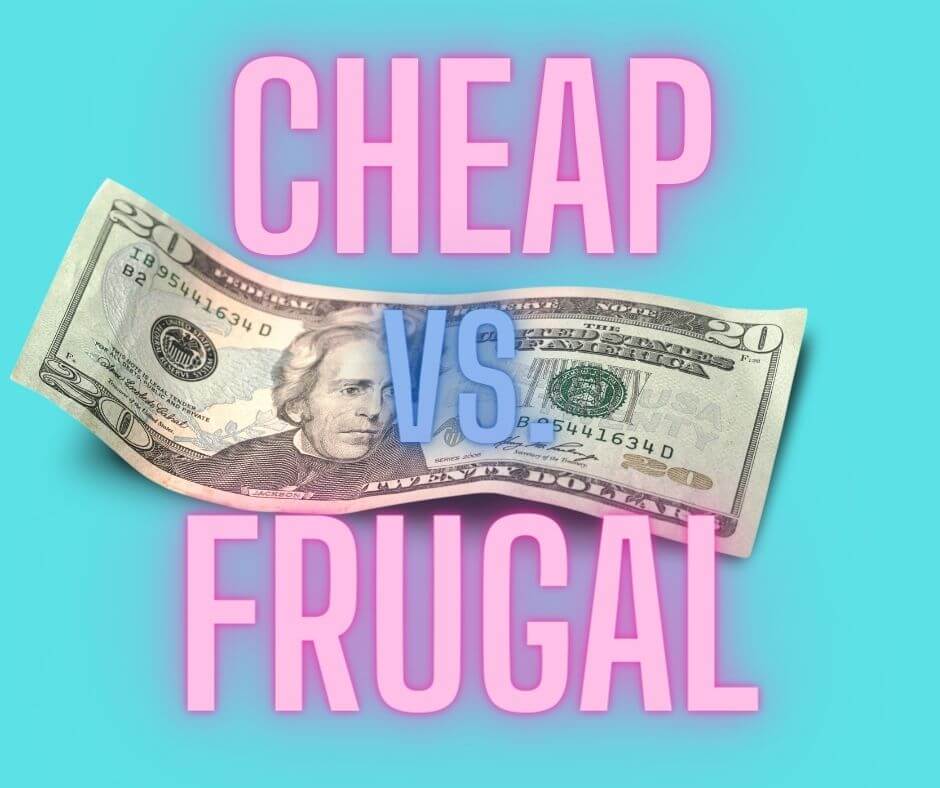This post was last updated on October 25th, 2021 at 08:24 am
It’s easy to confuse the difference between being frugal and being cheap. I’m guilty of it, and the experiences almost always end in disappointment. Frugality is about wisely spending money, while being cheap is about spending as little money as possible. You can be frugal and spend very little money. But you can also be frugal and spend a lot of money. It all depends on how much value you’re getting out of your purchase or activity.
We can sometimes get away with being cheap. And sometimes we cannot. If you want to know whether you’ll regret being cheap, ask yourself this question: If purchasing this (fill in the name of the product or service) turns out to be a poor decision, to what extent will I regret it? The more you use a particular thing, the more likely it is you’ll regret buying the cheap version. That’s because you’ll suffer the long-term, cumulative effects of subjecting yourself to the cheap version’s poor quality.
I’ve identified three areas in which being cheap can really backfire: feet, sleep, and food. We all spend time on our feet. We all need sleep. We all need to eat. In these three areas especially, seek out the highest-quality item you can afford, either in time or money. Its value will be revealed over the long term.
01 Your Feet
When our feet are not in pain, it’s easy to forget about their importance. I took my feet for granted for years and failed to appreciate the consequences of coupling a physically active lifestyle with poor quality shoes.
Now I wince when I see teens and young adults spending full days in flip-flops. They could be setting themselves up for foot problems down the line. But when you’re young, arch support isn’t a top concern.
Only in middle age does function become more important than style, usually in response to foot problems created from making style a priority years ago. Function becomes especially important if you’re in the process of becoming more physically active.
I’ll say one of my biggest regrets is buying cheap shoes. And another is not using arch support inserts sooner. You can get over-the-counter inserts. Or, you can get custom orthotics from a physician. If I could do everything over again, I would have started using over-the-counter inserts before I started having foot pains, not in response to pain.
Full disclosure: I’m not a physician and not an expert on footwear. I’ve merely learned from my own experiences and research over the years. None of my advice is meant to substitute for medical treatment or medical diagnosis. If you have foot problems, consult a physician.

Don’t be like me: Treat your feet right before they start hurting. There are several brands of shoe inserts to choose from. We’re on our feet too much to make them an afterthought. And it doesn’t help that many of us spend a lot of time on hard surfaces, such as hardwood floors and concrete.
Neglecting your feet might save money in the short run but probably not the long run. Foot problems can be costly to treat, and so the best way to spend your money is to prevent them. (Too bad my younger self couldn’t have taught that to my older self).
02 Your Sleep
If you get an average of 8 hours of sleep each night, that means you’re spending 2,920 hours each year in bed. That’s 121 days, which is a lot of time to be spending on a cheap mattress.
So make sure to buy a mattress that promotes restful sleep. After all, you don’t need a subpar mattress to keep you up at night, on top of everything else in life conspiring to disrupt your sleep.
My wife and I bought a new mattress last year and researched our options in Consumer Reports. There are many factors to consider when buying a mattress, ranging from materials to performance. Consumer Reports breaks down mattress performance into several categories. When it comes to this type of research, I prefer Consumer Reports because the publication doesn’t accept advertising. Its testing procedures are as impartial as one can expect.
(If you’re interested in getting a copy, check with your local library. Many libraries offer free online access.)
My wife and I spent as much as we could afford on a mattress, knowing it’s difficult to put a price tag on a good night’s sleep. We didn’t care whether the mattress was “on sale.” But once we picked out the mattress, I asked customer service about getting a better deal. I did receive a small discount, so it never hurts to ask.

There’s conflicting advice whether to buy a mattress from an online retailer or from a brick-and-mortar store. Keep in mind, many online mattress companies offer generous return policies. In my opinion, it’s more important to be able to easily return a mattress that you don’t like than to be able to lie on it a few minutes before buying it.
Each company has a different return policy, so make sure you closely evaluate each to see if it meets your needs. Many companies now offer a 365-day trial period, and anything less than 60 days should probably be avoided.
03 Food
We all know about the importance of eating healthy, but sometimes time—rather than money—is the biggest factor steering people toward cheap, often highly processed foods.
When we’re short on time, it’s tempting to buy food prepared by others, whether from a restaurant or a grocery store. While money can be a factor in these purchases, it’s often a lack of time that pushes people toward “cheap food.”

I wrote a post about the benefits of eating whole foods, but the truth is, healthy ingredients won’t do you much good if you lack the time to cook the meals.
When it comes to eating healthy, it’s just as important to set aside preparation time as it is to buying the food itself. If you can find the time, you’ll benefit in two ways: Cooking at home often costs less and is typically healthier. And don’t forget this bonus: Cooking at home is more physically active than sitting and waiting for a meal to be prepared at a restaurant.
Cheap vs. Frugal: A question of value
Eating out once in a while won’t kill you, of course. Neither will occasionally wearing cheap shoes. And the world won’t end if you sleep on an inferior mattress, at least not tomorrow. This is a long-term game, meaning the costs and benefits accumulate over time.
When it comes to leading a frugal lifestyle, it’s less about saving money that it is about maximizing value. The price you pay for a high-quality pair of shoes today will prove insignificant, for example, next to the price you’d pay for doctor visits related to wearing poor shoes for years. Sometimes we have to pay more in the short run to secure long-term value. When we can do that, we’re being frugal. When we fail, we’re being cheap.
It is, unfortunately, a never-ending learning process but one worth trying to master.

